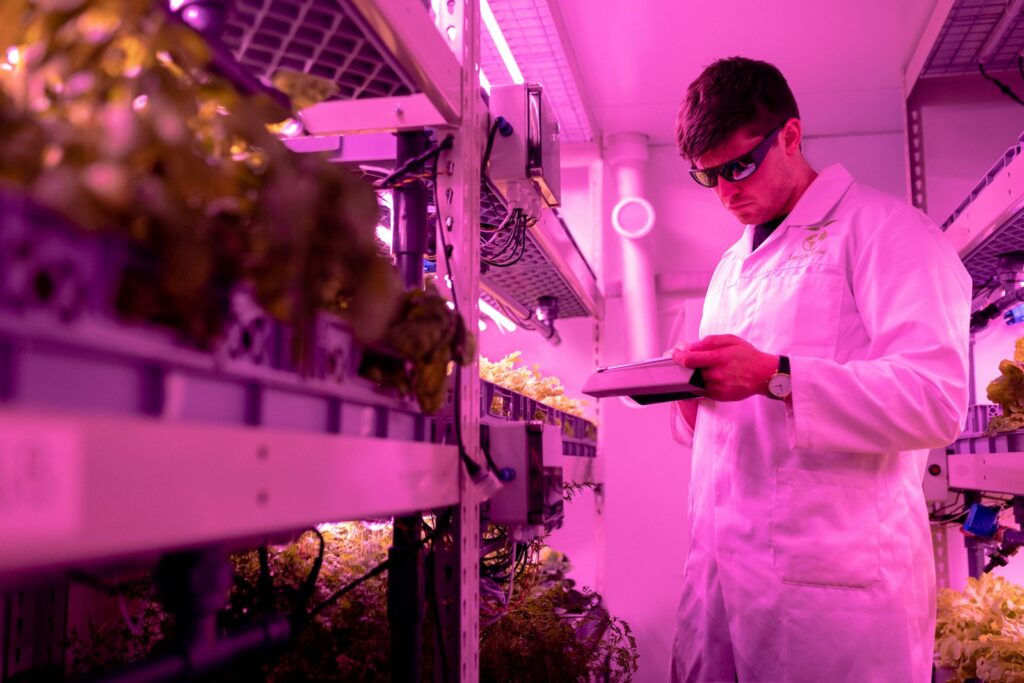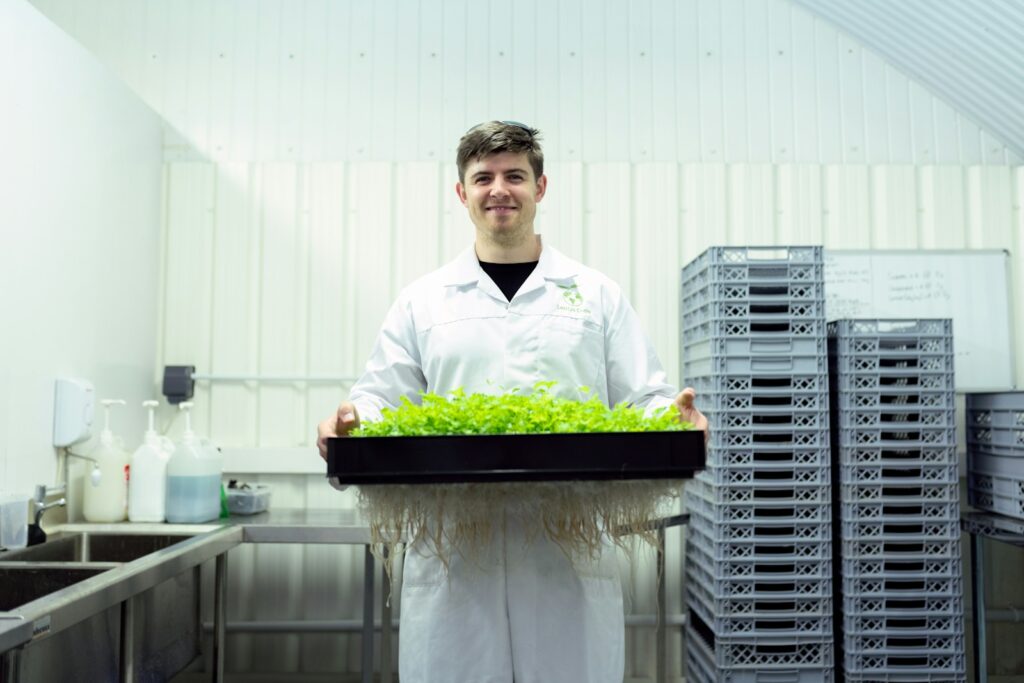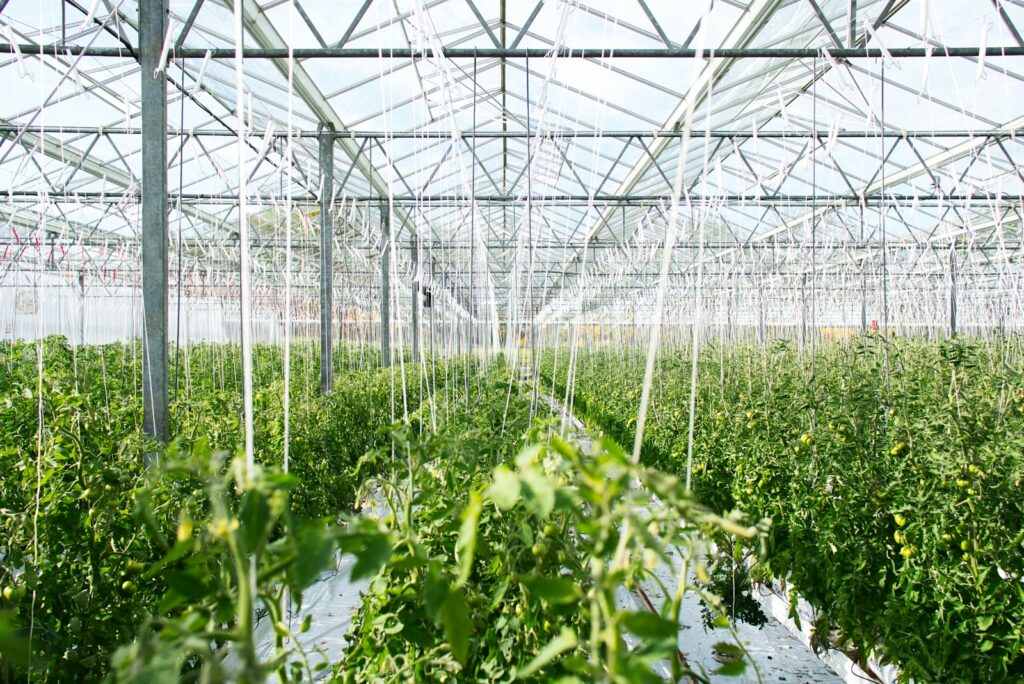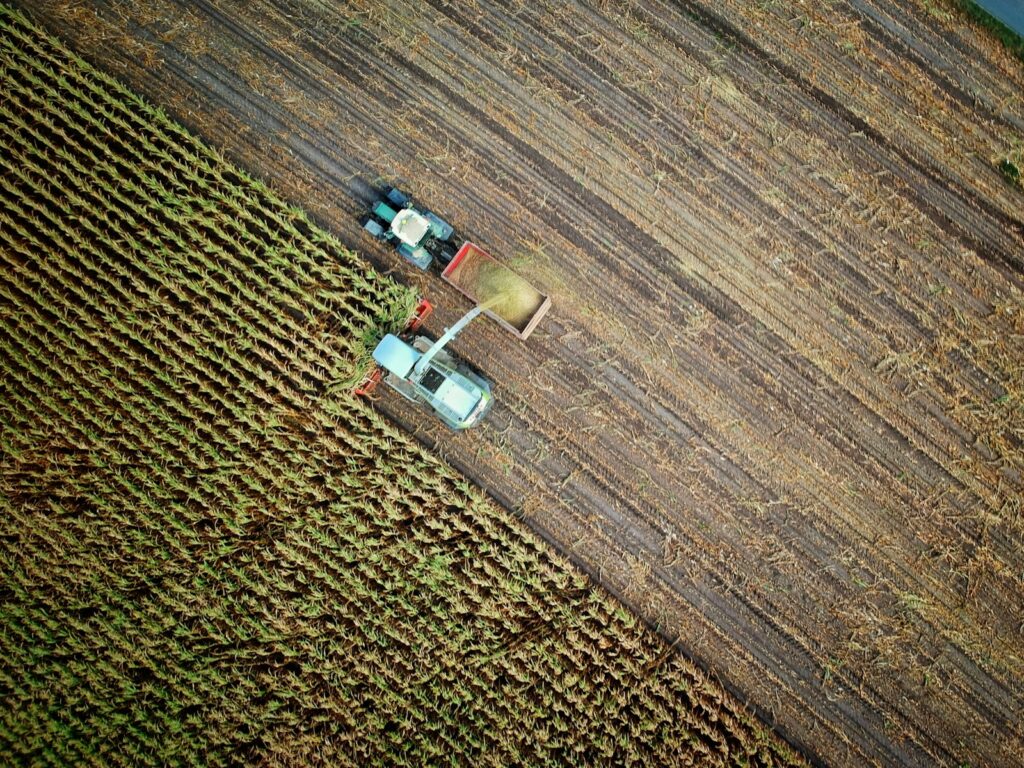In the face of a growing global population and increasing environmental challenges, the agricultural sector must evolve to meet the rising demand for food, fiber, and fuel. Agro technology, or AgriTech, is leading this evolution by integrating cutting-edge technologies into farming practices. This convergence of agriculture and technology is transforming traditional farming methods, increasing efficiency, productivity, and sustainability. In this blog post, we will explore the various aspects of agro technology, its benefits, and its potential to shape the future of agriculture.

Understanding Agro Technology
Agro technology encompasses a wide range of innovations designed to improve agricultural practices. These technologies include precision farming, biotechnology, robotics, artificial intelligence (AI), and the Internet of Things (IoT). By leveraging these advancements, farmers can optimize resource use, monitor crop health, and make data-driven decisions, ultimately enhancing yield and reducing environmental impact.
Precision Farming
Precision farming, also known as precision agriculture, involves the use of technology to monitor and manage agricultural practices with high accuracy. This approach includes the use of GPS, remote sensing, and data analytics to gather information about soil conditions, weather patterns, and crop health. Farmers can use this data to apply water, fertilizers, and pesticides more efficiently, reducing waste and minimizing environmental damage.
For instance, GPS-guided tractors can plant seeds with pinpoint accuracy, ensuring optimal spacing and reducing seed waste. Similarly, remote sensing technology, such as drones and satellites, can provide real-time imagery of fields, helping farmers identify areas that require attention. By adopting precision farming techniques, farmers can increase productivity while conserving resources.
Biotechnology
Biotechnology plays a crucial role in agro technology by developing genetically modified (GM) crops that are resistant to pests, diseases, and environmental stresses. These crops can yield higher outputs with fewer inputs, making them a valuable tool for addressing food security challenges. For example, drought-resistant crops can thrive in arid regions, reducing the need for irrigation and conserving water resources.
In addition to GM crops, biotechnology also encompasses advancements in soil microbiology and plant breeding. Researchers are developing microbial inoculants that enhance soil fertility and promote plant growth. These biofertilizers can reduce the reliance on chemical fertilizers, leading to more sustainable farming practices.
Robotics and Automation
The integration of robotics and automation in agriculture is revolutionizing labor-intensive tasks, such as planting, harvesting, and weeding. Autonomous machines equipped with AI and machine learning algorithms can perform these tasks with precision and efficiency. For example, robotic harvesters can pick fruits and vegetables without damaging the produce, ensuring higher quality and reducing labor costs.
Furthermore, automation can help address labor shortages in the agricultural sector. With fewer people entering the farming profession, robots can fill the gap, ensuring that essential tasks are completed on time. This technological shift not only boosts productivity but also allows farmers to focus on more strategic aspects of their operations.
Artificial Intelligence and Machine Learning
AI and machine learning are at the forefront of agro technology, enabling farmers to analyze vast amounts of data and make informed decisions. These technologies can predict weather patterns, optimize irrigation schedules, and identify crop diseases at an early stage. By analyzing historical data and real-time information, AI-powered systems can provide actionable insights that enhance crop management.
For instance, AI algorithms can analyze images of crops to detect signs of diseases or nutrient deficiencies. Farmers can then take preventive measures, such as adjusting nutrient levels or applying targeted treatments, to mitigate potential losses. AI-driven decision support systems also help farmers plan their planting schedules and choose the best crop varieties for their specific conditions.

Internet of Things (IoT)
The IoT is a network of interconnected devices that communicate and share data. In agriculture, IoT devices, such as sensors and smart meters, can monitor soil moisture, temperature, and nutrient levels in real-time. This information is transmitted to a central system, where it is analyzed to provide recommendations for optimal resource management.
For example, soil moisture sensors can alert farmers when irrigation is needed, preventing overwatering and conserving water. Similarly, smart meters can monitor energy usage in greenhouses, ensuring that environmental conditions are maintained at optimal levels. By leveraging IoT technology, farmers can achieve greater precision and efficiency in their operations.
Benefits of Agro Technology
The adoption of agro technology offers numerous benefits for farmers, consumers, and the environment. These advantages include increased productivity, reduced environmental impact, improved food security, and enhanced profitability.
Increased Productivity
Agro technology enables farmers to maximize their output by optimizing resource use and improving crop management. Precision farming techniques, such as GPS-guided planting and remote sensing, ensure that inputs are applied with high accuracy, reducing waste and increasing yields. Similarly, GM crops and biotechnology advancements contribute to higher productivity by enhancing crop resilience and performance.
Reduced Environmental Impact
Traditional farming practices often involve excessive use of water, fertilizers, and pesticides, leading to environmental degradation. Agro technology addresses these issues by promoting sustainable practices. Precision farming reduces the need for chemical inputs by applying them only where necessary. Biotechnology advancements, such as pest-resistant crops, minimize the reliance on harmful pesticides. Furthermore, IoT devices and AI-driven systems optimize resource use, conserving water and energy.
Improved Food Security
With the global population projected to reach 9.7 billion by 2050, food security is a pressing concern. Agro technology plays a vital role in addressing this challenge by increasing agricultural productivity and resilience. GM crops can thrive in adverse conditions, ensuring stable food supplies in regions prone to droughts or diseases. Additionally, AI and machine learning can help farmers anticipate and mitigate risks, reducing crop losses and ensuring a consistent food supply.
Enhanced Profitability
By adopting agro technology, farmers can improve their profitability through increased efficiency and reduced costs. Precision farming techniques minimize input wastage, lowering production costs. Automation reduces labor expenses, while AI-driven decision support systems optimize crop management, resulting in higher yields and better quality produce. These factors contribute to improved financial outcomes for farmers, making agriculture a more viable and attractive profession.
Challenges and Future Prospects
Despite its numerous benefits, the widespread adoption of agro technology faces several challenges. These include high initial costs, lack of technical expertise, and limited access to technology in developing regions. Additionally, concerns about the environmental impact of GM crops and data privacy issues associated with IoT devices need to be addressed.
High Initial Costs
The implementation of agro technology requires significant investment in equipment, infrastructure, and training. For small-scale farmers, these costs can be prohibitive, hindering their ability to adopt new technologies. Governments and organizations must provide financial support and incentives to make agro technology more accessible to all farmers.
Technical Expertise
The effective use of agro technology demands technical knowledge and skills. Farmers need training to operate and maintain advanced machinery, interpret data, and make informed decisions. Educational programs and extension services are essential to bridge the knowledge gap and empower farmers to harness the full potential of agro technology.
Limited Access in Developing Regions
In many developing countries, farmers have limited access to modern technology due to inadequate infrastructure and financial constraints. Bridging the digital divide is crucial to ensure that all farmers, regardless of their location, can benefit from agro technology. International collaborations and investments in rural development can help address this issue.
Environmental and Ethical Concerns
The use of GM crops has sparked debates about their long-term environmental impact and potential health risks. It is essential to conduct rigorous research and adhere to strict regulatory standards to ensure the safety and sustainability of biotechnology. Additionally, data privacy and security concerns associated with IoT devices must be addressed to protect farmers’ information and build trust in these technologies.
Future Prospects
The future of agro technology is promising, with ongoing advancements poised to further transform the agricultural landscape. Emerging technologies, such as blockchain, could enhance traceability and transparency in the food supply chain, ensuring food safety and quality. Vertical farming and hydroponics offer innovative solutions for urban agriculture, enabling food production in limited spaces.
Furthermore, advancements in AI and machine learning will continue to refine predictive analytics and decision support systems, allowing farmers to make even more precise and informed choices. The integration of renewable energy sources, such as solar-powered irrigation systems, will contribute to the sustainability of agricultural practices.
Conclusion
Agro technology is revolutionizing the agricultural sector by integrating cutting-edge technologies into farming practices. Precision farming, biotechnology, robotics, AI, and IoT are transforming traditional methods, increasing efficiency, productivity, and sustainability. The benefits of agro technology extend beyond farmers to consumers and the environment, ensuring food security and reducing the ecological footprint of agriculture.
While challenges remain, including high initial costs, technical expertise requirements, and limited access in developing regions, the future of agro technology is bright. Continued investment in research, education, and infrastructure will pave the way for a more resilient and sustainable agricultural industry. As agro technology continues to evolve, it holds the potential to address global food security challenges and create a more prosperous and sustainable future for all

